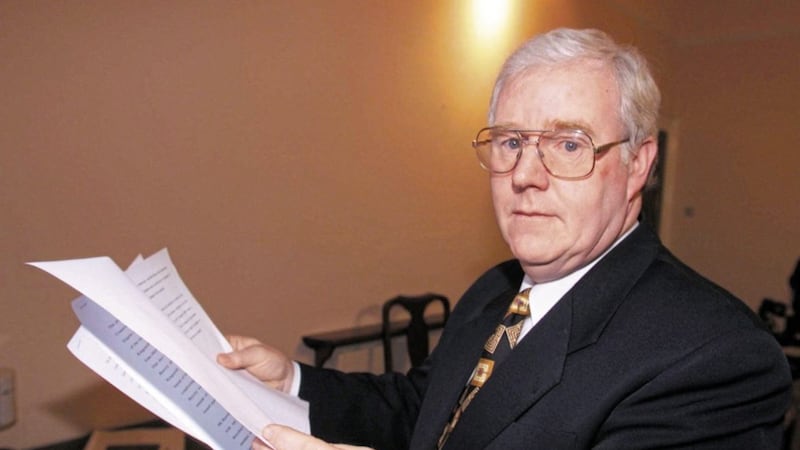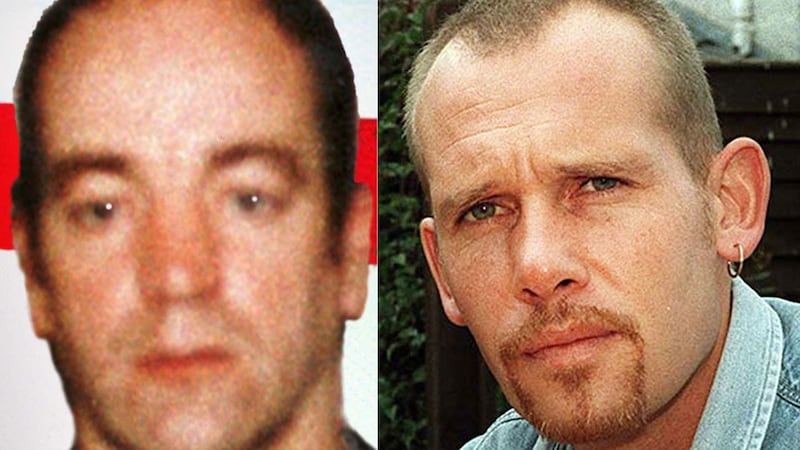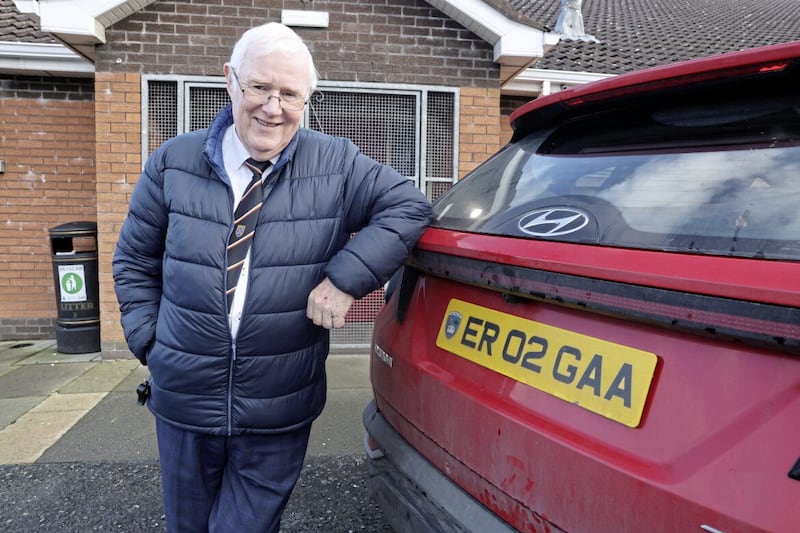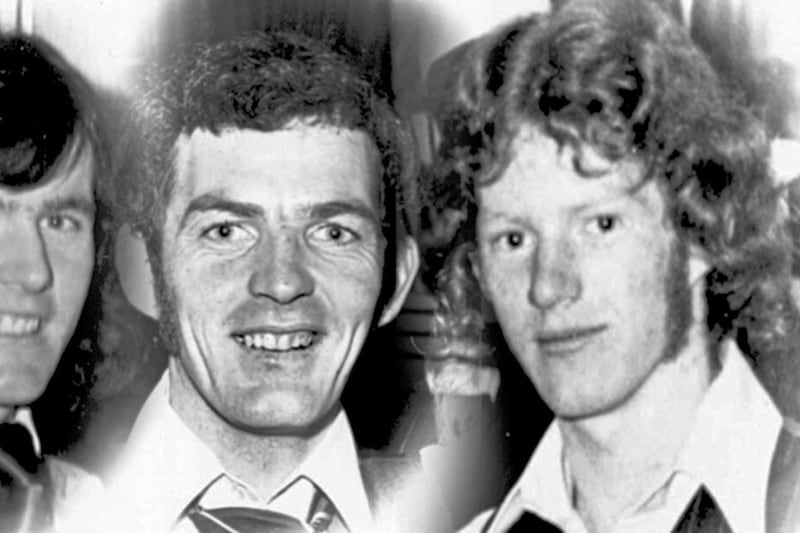Prominent peace campaigner Eugene Reavey is set to sue Google and Facebook after false claims were posted about him online.
The south Armagh man, who is the chairman of Peaceful Futures South Armagh, is well known for his reconciliation work.
Legal action was launched after an anonymous blog linked Mr Reavey to a gun attack on a minibus at Kingsmill in south Armagh which claimed the lives of ten Protestant workmen in 1976.
The article has now been removed.
The content of the blog has also been referenced on a Facebook page.
Solicitors acting for Mr Reavey recently wrote to both internet giants demanding the removal of the material.
In 1975 the notorious Glenanne Gang, which included members of the RUC, UDR and UVF, attacked the Reavey family home near Whitecross in south Armagh killing brothers John Martin (24) and Brian (22).
A third brother, Anthony (17), died several weeks later from his injuries.
Their surviving brother, Eugene has campaigned for justice for his family ever since.
The Reavey attack took place during one of the bloodiest weeks in the Troubles.
Within minutes of the shooting three members of the O'Dowd family were also gunned down by the same gang near Gilford in Co Down.
The next day, 10 Protestant men were shot dead near Kingsmill, south Armagh, as they travelled home from work.
Mr Reavey was travelling from his home to Newry with other family members to collect the bodies of his dead brothers when they drove into the aftermath of the Kingsmill attack.
He then helped direct traffic until emergency services arrived at the scene.
The attack was later claimed by a group calling itself the South Armagh Republican Action Force, which claimed it was in reprisal for the Reavey and O'Dowd murders.
In 1999 former First Minister and DUP leader Ian Paisley used parliamentary privilege to falsely accuse Mr Reavey of masterminding the attack.
Mr Paisley, who died in 2014, never apologised for making the false claims.
Mr Reavey's solicitor Darragh Mackin, of Phoenix Law, last night said: “In the modern era whereby anybody can post malicious and vicious lies about a person's character it is crucially important they have the ability to uphold their reputation."
Mr Mackin said it was “correct that Google have taken the necessary action to protect his (Mr Reavey's) reputation and character.
“We are proceeding to court to obtain the details of the person behind this malicious campaign.”








